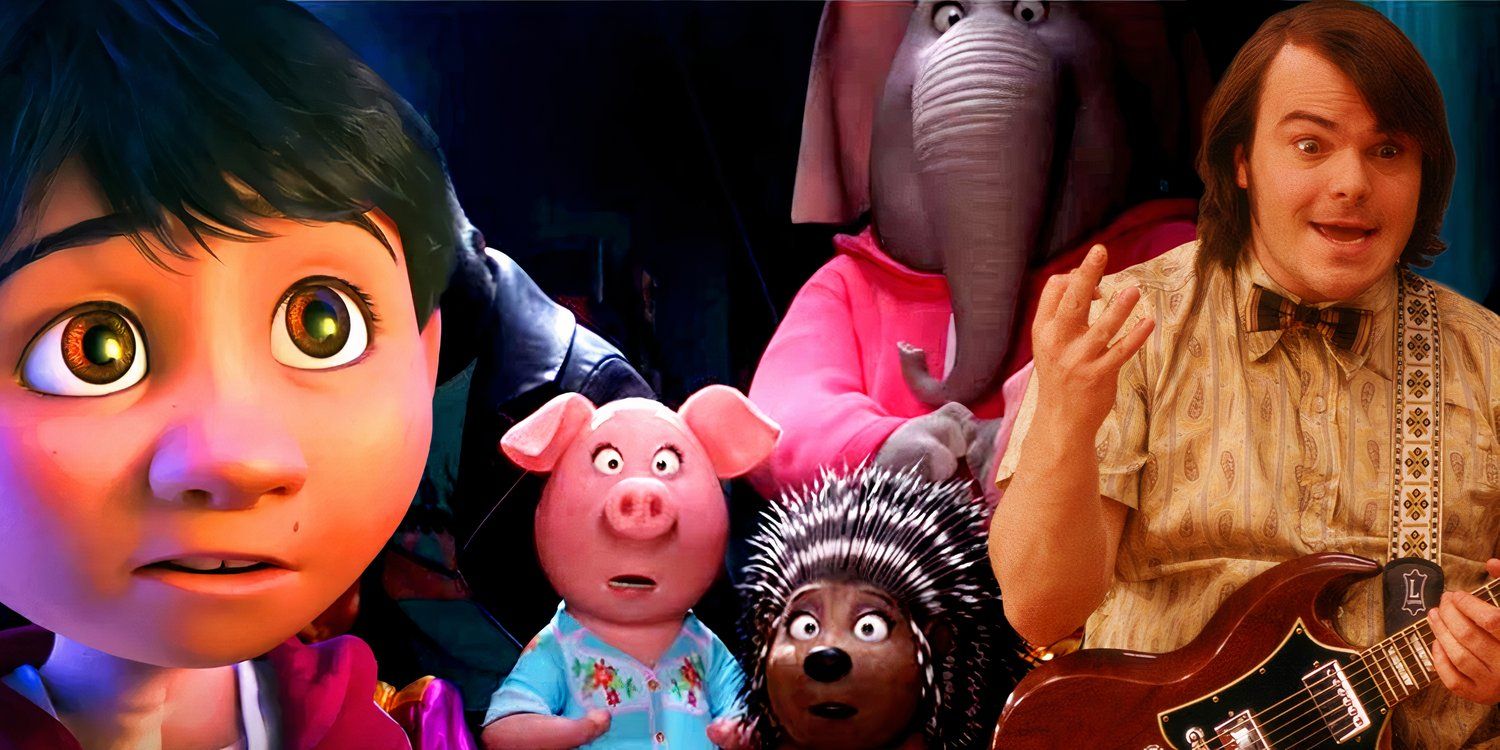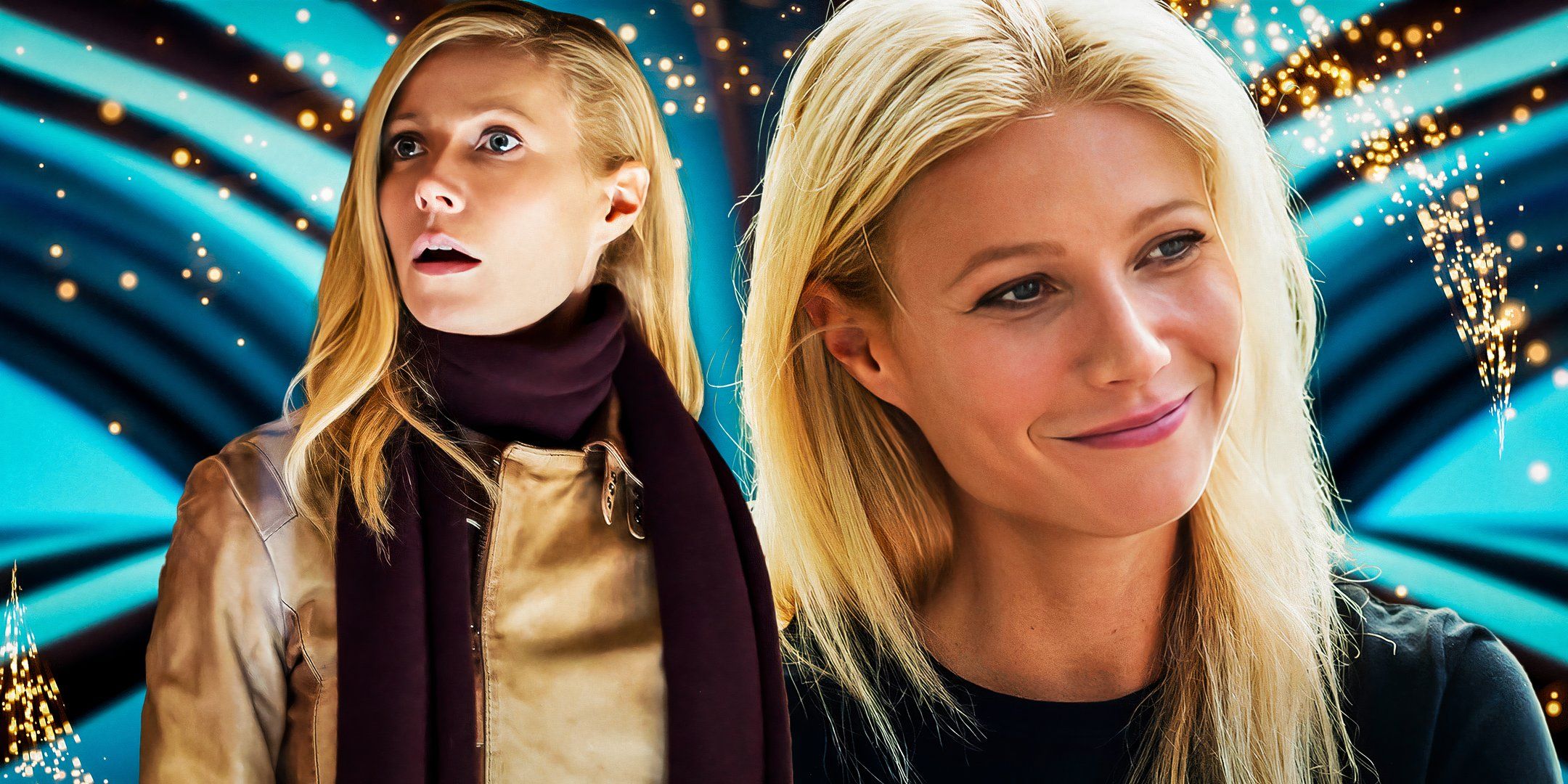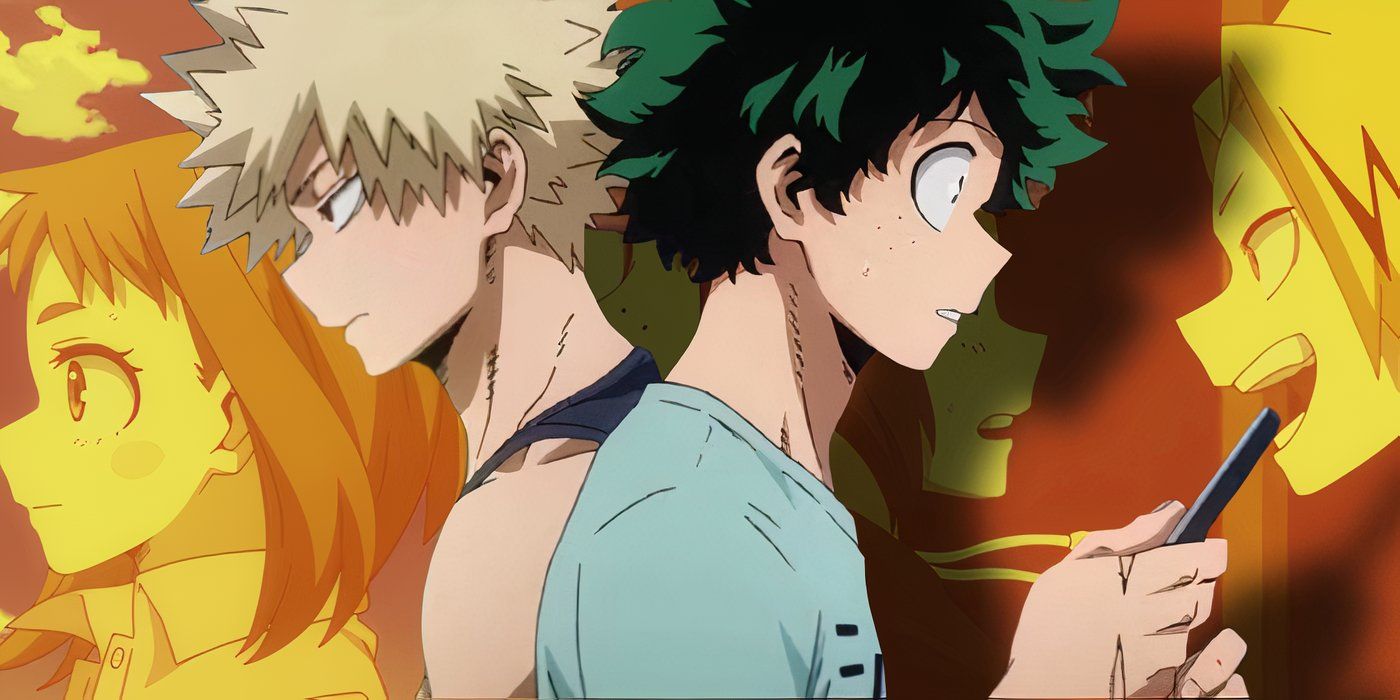Pamela Anderson‘s eldest son Brandon Thomas Lee is getting emotional.
It’s taken years, but he might have helped shatter a Hollywood stereotype that has been a cloud over Anderson’s career for years.
The actor-turned-producer is sitting on Zoom discussing her recent success in Roadside Attractions “The Last Showgirl,” which Gia Coppola directed. In the film, Anderson plays Shelly, a veteran dancer who finds herself at a crossroads when the Vegas revue she performs in abruptly closes after 30 years, just as her estranged biological daughter Hannah (Billie Lourd) re-enters her life. Aside from winning rave reviews from critics, Anderson landed herself a Golden Globe nomination for best actress in a drama/motion picture. Lee says the nomination “means a lot,” but also hopes this marks a new chapter for Anderson’s career. He says, “It means the culmination of a very long road and a lot of hard work, and the crescendo of an amazing moment that really only marks the beginning for her.”
For years, Anderson has been boxed into the blonde bombshell archetype after getting her start as a Playboy Playmate and then appearing in the TV series, “Baywatch.” Her marriage to Motley Crue drummer Tommy Lee made headlines when a sex tape leaked.
Anderson took a brief break from the spotlight to focus on raising her two sons, but she soon returned, starring as Roxie Hart in “Chicago” on Broadway. And last year, she took control of her narrative by publishing her memoir “Love, Pamela” and appeared in the Netflix documentary “Pamela, a Love Story,” which Lee produced.
Lee’s pride is felt over the computer screen. His emotions are high as he recalls how Anderson always told him that “she was going to have to always going to have to prove herself to people, and we would always have to do that.”
But the tide is turning. Has Anderson finally proved herself and her acting abilities? With the critical acclaim for her performance as Shelly, Lee has seen a shift not just from audiences and fans, but also from Hollywood and what roles she’s getting offered. But it didn’t happen overnight, and it took “The Last Showgirl” to get there. Lee says, “When you really think about it and where we’ve come from over the last decade, it’s remarkable.” He goes on to say, “What Pamela is doing and the opportunities she’s getting right now are just fantastic. It lets you know you’re doing the right things.”
Below, Lee talks about why he has made it his personal mission to help shift the narrative toward Anderson, whom he calls “Pamela” during the conversation, and how Hollywood has responded to her.
There’s a story of the script being turned down by Pamela’s former agent before even showing it to her, and you happened to come across it. Can you talk about meeting with Gia and that gut instinct that this was right for Pamela?
When I first laid eyes on it, I wasn’t really used to looking at projects like that for Pamela. It was such a breath of fresh air, and it was so impactful, and it was something I knew she could deliver on. And it was so timely, and it just seemed like the stars were aligning a bit on it and how it was playing into this arc of where she was in her career. I knew there were so many real-life inspirations she could take into this.
So, I met with Gia and [producer] Robert Schwartzman and was figuring out if they were going to be the people we trusted with this — her comeback performance.
It is very much a family business with them as well, and everything’s kind of entangled like that, and that’s kind of how we operate. I knew we could trust them, and I think it was about just putting the right pieces in place. Once the cast started to come together for that, and who was going to be helping Pamela carry this film, it just became such a no-brainer and such a fantastic opportunity. And I knew from day one it was going to be a special product.
What about getting the script to Pamela, what was her reaction when you gave her this story?
My mom’s so funny. She will tell you it’s the first time she’s ever read a real script. I think that’s probably mostly true.
The conversation was very quick. She read it and said, “I want to do it.” There was no deliberation around it. She was instantly enamored with Shelly, and it spoke to her.
This film was made for just over a million bucks in 18 days. So the fact that it has the impact that it has is incredible. It just shows that everyone involved with the project had to come together. It’s incredible what can happen when people can put ego and stardom to the side and really make it an art project and come together for the sake of filmmaking, great writing, great directing and great cinematography.
To that, Jamie Lee Curtis said she wanted to be in it because Pamela Anderson was going to star in it. When you hear that, what does it mean?
When I hear stuff like that, it makes me feel incredibly proud. Not just of her, but just of everything we’ve done over the last couple of years.
The documentary and book gave Pamela the opportunity to own her narrative and really present that story to the world. When we had the opportunity to do that, it was something in the back of my head that I was always thinking about the goal of those projects — it wasn’t to bring opportunities, the goal of those projects was to get people to understand and get to know Pamela because there was so much misconception around her and who she was. It was really holding her back in terms of the opportunity she was being presented. So to hear Jamie say that, what else could you ask for?
You were instrumental in shattering the Hollywood stereotype. How did you navigate that?
The reason I got involved, other than for various business reasons — my personal mission was to give my mom the opportunities she gave me as a child. She would do anything for me. She showed up and was a very good mother. And at a certain point in your life, you become a protector.
I knew from a very early age that I was going to eventually be the one that put the stake in the ground for my family and rally around that.
So, it would have been very easy for us, or for me, to come up with some sort of scheme to make money off the Pamela that people thought they knew. It would have meant she wasn’t going to be happy, but she would have been making money.
But I really just wanted her to feel like she had the opportunity, whether it happened or not, to achieve success in the field she wanted to be in.
We turned down a lot of big opportunities, but it just wasn’t going to make Pamela feel proud. But we had to take a moment and be steadfast in our position, that we needed to take the time to do the memoir and documentary, and shy away from other opportunities that weren’t going to shine a light or clarify or embolden her.
Well those projects shifted the narrative, and the support shifted from largely male to female.
I guess it’s this acceptance. The category she was in before, she was just very objectified and very made for the, you know, her whole career was just positioned towards the male gaze. And for us to see the shift after we laid all the cards out on the table was shocking to me. I knew at that point that there was going to be this great shift in her career, because she was no longer this misunderstood or threatening personality.
She wasn’t this sex symbol anymore. She was a human being, and I think people were looking at her in a completely new light. And I feel like that kind of reintroduced her to the world. It feels like everyone’s rooting for her.
Going back to “The Last Showgirl,” are you seeing a shift in the scripts coming her way?
After the documentary, there was this incredible public shift and there was a lot of attention on her, but we were still not seeing incredible stuff for Pamela.
It was not until “The Last Showgirl” came along that we had something special. Yes, there were offers, but it was all geared towards something that she didn’t really want. But the opportunity was there.
I hadn’t seen a shift in the type of material she had been presented until “Showgirl.” Now, it is incredible. The opportunities that she has and where she is going to go from this is fantastic. I think it pushed people who were curious about what they think she could accomplish. The documentary wasn’t meant to prove her as an actress. She’s proved that she’s got the chops to do it.
So she’s going to be acting more, right?
It’s very safe to say that you’ll be seeing her on the big screen for some time.
What did you think of Hulu’s “Pam and Tommy” series?
I feel like the more people that are talking about Pamela, it just helps us accomplish our mission. I don’t really have any thoughts on the series itself. We just tend to take what we see and move forward, and that’s my thought on it.
This interview has been edited and condensed for clarity.









 English (US) ·
English (US) ·